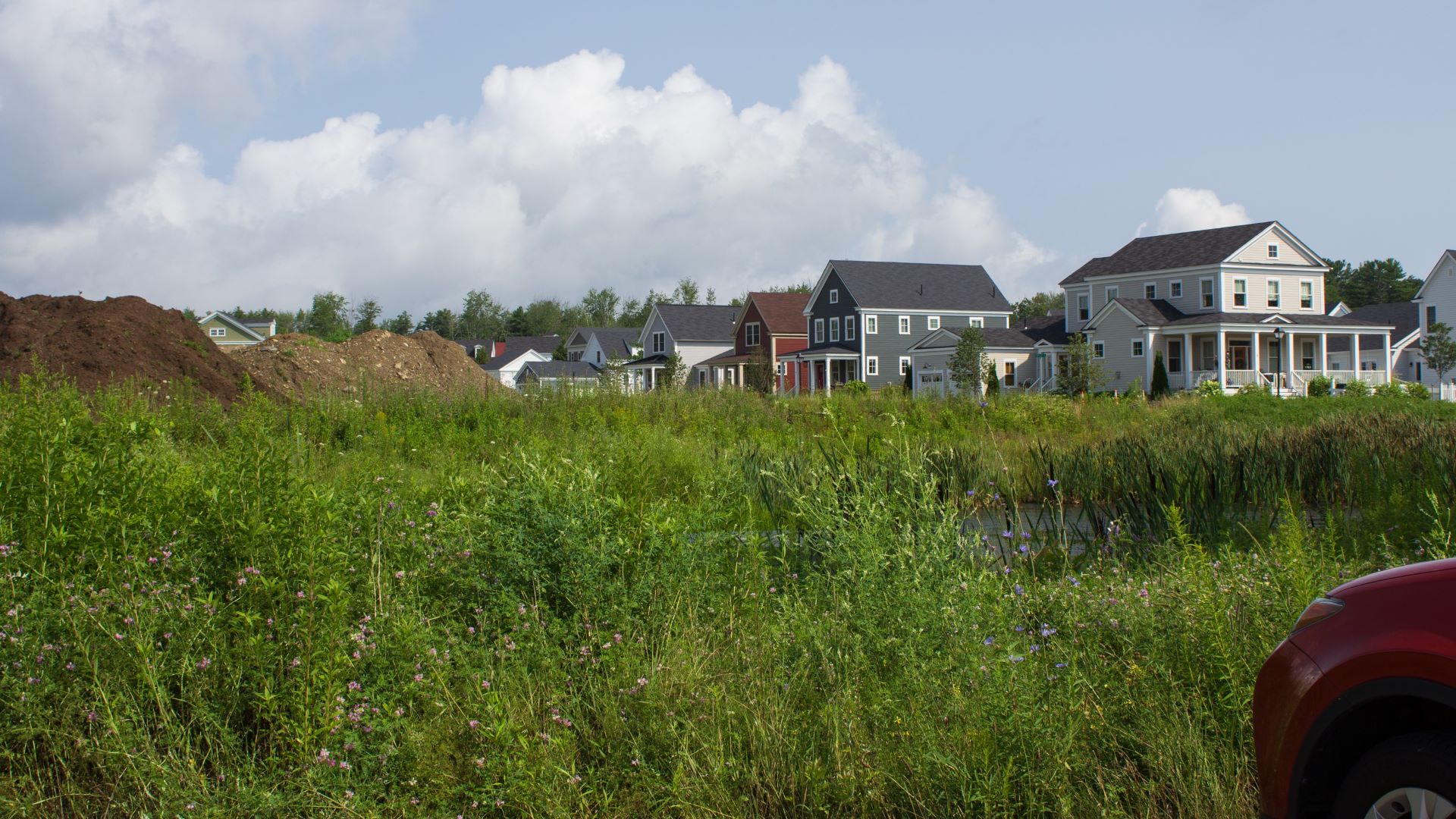Not much has changed in the last 33 years at Sherri Kelley’s property in Addison.
The lot in the oceanside Down East town has a mobile home in which her parents had lived before she inherited the property. After hearing that appraisers wanted to access the interior of the mobile home, Kelley felt her privacy was being invaded.
She took to social media, which began a thread in which fellow Addison residents voiced similar concerns and at first exacerbated her worries.
“If it’s on Facebook, it’s true, right?” she joked.
All ended well. Kelley’s worries were assuaged by appraisers. She eventually realized that letting assessors into the mobile home, mostly unchanged since the early 1990s with carpeting worn down to thread, may actually drive down her tax burden.
Addison is one of many towns that are doing their first revaluations since the pandemic boom in home values. From far-flung towns to Portland and its suburbs, the process is heightening worries about high property taxes that are already the subject of battles over school budgets that have marked a summer of political strife in many Maine towns.
In Bangor, many homeowners didn’t let assessors into their homes when the city launched its first valuation in nearly four decades. Yarmouth homeowners whose property taxes were recently raised told CBS News 13 they would have reconsidered school budget votes if they had known of the impact.
As a tax assessor, Garnett Robinson receives his share of grief from discontented taxpayers: “I have people say, ‘How can you sleep with what you do?’”
While he’s quick to stress that many people have legitimate concerns, he says a lot of that frustration is misplaced. New assessments do not raise taxes. They simply determine what proportion of a town’s taxes each property owner pays. Generally, equal shares of residents have taxes go up, have them go down and have them stay the same.
For example, Bridgton recently finished its first revaluation in nine years. The total taxable value of the town skyrocketed from $1.1 billion to around $2.5 billion. But local officials more than halved the town’s tax rate to account for the rise in value, something it is now highlighting in a pop-up notice on its website.
“The people that go up, they should have been paying a higher tax for a while,” said Robinson, whose Dixmont-based firm, Maine Assessment and Appraisal Services, mostly works for smaller towns. “Those that go down, they’ve been overpaying.”
The impact can be heavy in coastal or lakeside areas or other places that have seen heavy development in the past decade, including parts of Portland where typical homes were affordable in the 1990s but now have going rates of $700,000 or even more when they go on the market.
The property tax, which is the dominant way local government is funded, has long been a painful one for Maine. It comes in the form of large payments and hits low-income Mainers harder as a share of income than rich ones. The nearly $3.2 billion taken in by cities and towns in 2023 was up 39 percent from a decade earlier, outpacing the rate of inflation.
No one entity is responsible for the tax. City and town budgets are set by their governing boards or in town meetings. Then school boards send their budgets out for approval. Counties also get their money by levying property taxes on the municipalities in their areas.
In a state with a long tradition of local control, efforts from Augusta to rein in local spending often run into roadblocks, including former Gov. John Baldacci’s school consolidation effort of the early 2000s. Last year, the Democrats who control the Legislature rankled Republicans by repealing a law from that era that capped annual property tax levies.
Rep. Laurel Libby, R-Auburn, reminded her constituents of that in a recent video nodding to the local budget issues across the state. But State Economist Amanda Rector noted in testimony last year that many cities and towns were bypassing the cap or wrongly calculating it.
This year, Gov. Janet Mills signed a law establishing a task force to study property tax relief after the proposal was passed by legislators with broad bipartisan support. Several big ideas around changing the tax have been floated in recent years, including taxing businesses at higher rates than homes, but they have not yet gained traction.
Scarborough assessor Nicholas Cloutier, who was appointed to the task force by House Speaker Ryan Fecteau, D-Biddeford, said while the group has yet to formally meet, he is open to hearing about possible changes to the revaluation process.
“Communication and proactive working with residents so everyone understands and is on the same page is imperative,” he said.







